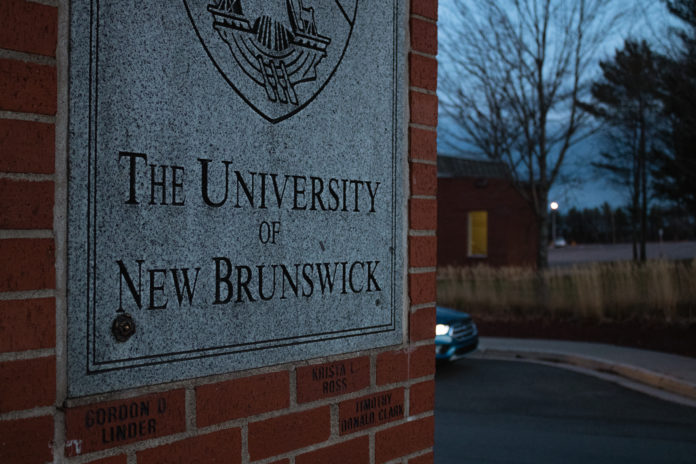A recent study by UNB on New Brunswick’s bachelor of education programs revealed a low percentage of retention among graduates in the province.
Using data between 2004 and 2020, only 48 per cent of the province’s BEd graduates became teachers in N.B., according to the study.
Gemma Porter, St. Thomas University’s acting director for the education department, said that she is not surprised by these results.
“I think there are a number of reasons that are contributing to that, my initial reaction would have been like, ‘not super surprising,’” said Porter.
One of the main reasons Porter was not shocked by the results of the study is the salaries offered to teachers in the province are “significantly lower” than what is offered in other provinces.
“I know one of the students in our program right now is not from New Brunswick … but they know they won’t be able to sustain and support their family on the salary that they would make here,” said Porter.
According to the study, just 11 per cent of students who were not from N.B. before beginning post-secondary stayed in the province as a teacher after completing the program.
Of the three programs analyzed, only 42 per cent of teachers graduating from STU and 37 per cent from UNB remained in New Brunswick.
Both the study and Porter attributed this to the likelihood of increased availability of job opportunities in the Francophone school district, as the Universitié de Moncton sees 72 per cent of their BEd graduates staying in the province as a teacher.
Porter believes another reason that contributes to the province’s low retention of teachers is the kind of contracts that are offered to teachers in the Anglophone school districts.
“They get hired on D contracts, which are temporary short-term contracts … you have to be willing to accept that you might be jumping around for two to five years before you actually land in a position where you’re staying year over year,” said Porter.
One of the main concerns regarding the low retention rate of teachers in the province is the upcoming wave of retirements that is mentioned in the study. It is expected that N.B. will be losing 170 to 210 teachers per year over the next five years.
However, Porter does not believe the opening opportunities for teachers will directly result in an increase in retention.
“I don’t think there’s any suggestion that they will [increase] unless there are programs put in place that incentivize people to stay,” said Porter. “It’s just a matter of the government looking at what would be viable options to provide incentives for graduates to stay.”
The graduate retention program in Saskatchewan that Porter mentioned is a tax rebate that was offered to students based on their degree that saw increased retention of post-secondary graduates in their province.
When comparing the incentives offered by New Brunswick to that of other provinces, Porter characterizes the struggle as an “uphill battle to getting people to stay within the province.”

